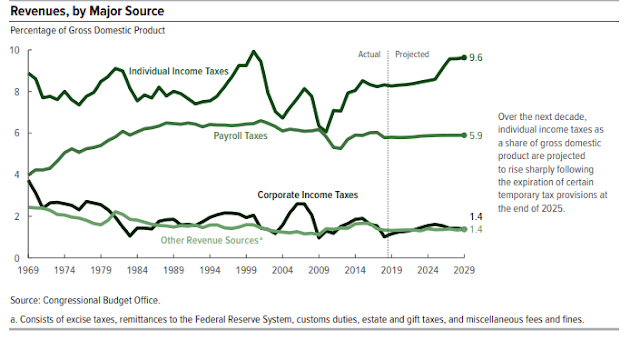John F. Kennedy and Profiles in Courage
- Ted Sorensen wrote much of it, probably most of it.
- Questions about airbrushing racism.
- JFK was thinking about running for president, and in the mid-1950s, a Democrat needed the South. Map of 1956 election:

About “problems of political courage in the face of constituent pressures, and the light shed on those problems by the lives of past statesmen.’’ Three types of pressure:
- pressure to be liked
- pressure to be re-elected, and
- pressure of the constituency and interest groups.
Taft
- Prewar isolationism
- And why JFK downplayed that side of the story
- Nuremberg (start video at 11:00)
- Taft against NATO
- The story that led to the LBJ-RFK feud
On October 29, 1940, Congressman Lyndon Johnson happened to be in President Franklin Roosevelt’s office when FDR’s isolationist ambassador to London, Joseph Kennedy—at whom Roosevelt was furious for his freelancing and his insufficient outrage against Adolf Hitler—returned to the United States. LBJ omits the detail that as FDR invited Kennedy by telephone for dinner, he drew his finger across his throat, razor fashion. Johnson twits Roosevelt for his indifference to civil rights, contrasting that unfavorably with LBJ’s own record.
I was with President Roosevelt the day he fired Joe Kennedy. He picked up the phone and said, “Hello, Joe, are you in New York? Why don’t you come down and have a little family dinner with us tonight?” Then he hung up and said, “That son of a bitch is a traitor. He wants to sell us out.” Well, Kennedy did say Hitler was right.
Anyway, Roosevelt didn’t have any Southern molasses compassion. He didn’t get wrapped up in going to anyone’s funeral. Roosevelt never submitted one civil rights bill in twelve years. He sent Mrs. Roosevelt to their meetings in their parks, and she’d do it up good. But President Roosevelt never faced up to the problem.
Inherent limitations of Congress:
- Except in simulation, legislation is slow. (And swift action is not necessarily smart action.)
- In a body resting on geographic representation, parochialism is inevitable. (And it is often legitimate.)
- A multi-member, bicameral institution will have a hard time planning. (And planning is overrated.)
Although the public good was the indirect beneficiary of his sacrifice, it was not that vague and general concept, but one or a combination of these pressures of self-love that pushed him along the course of action that resulted in the slings and arrows previously described. It is when the politician loves neither the public good nor himself, or when his love for himself is limited and is satisfied by the trappings of office, that the public interest is badly served.
...
This is not to say that courageous politicians and the principles for which they speak out are always right. John Quincy Adams, it is said, should have realized that the Embargo would ruin New England but hardly irritate the British. Daniel Webster, according to his critics, fruitlessly appeased the slavery forces, Thomas Hart Benton was an unyielding and pompous egocentric, Sam Houston was cunning, changeable and unreliable. Edmund Ross, in the eyes of some, voted to uphold a man who had defied the Constitution and defied the Congress. Lucius Lamar failed to understand why the evils of planned inflation are sometimes preferable to the tragedies of uncontrolled depression. Norris and Taft, it is argued, were motivated more by blind isolationism than Constitutional principles.
Review of the Dualities:
Two chambers: Bicameralism is real: consider the reopening
Two Congresses: Historical public opinion data and the two Congresses
Two parties: polarization
Two political branches: even under POTUS 45
Mixed opinions on civility and compromise














